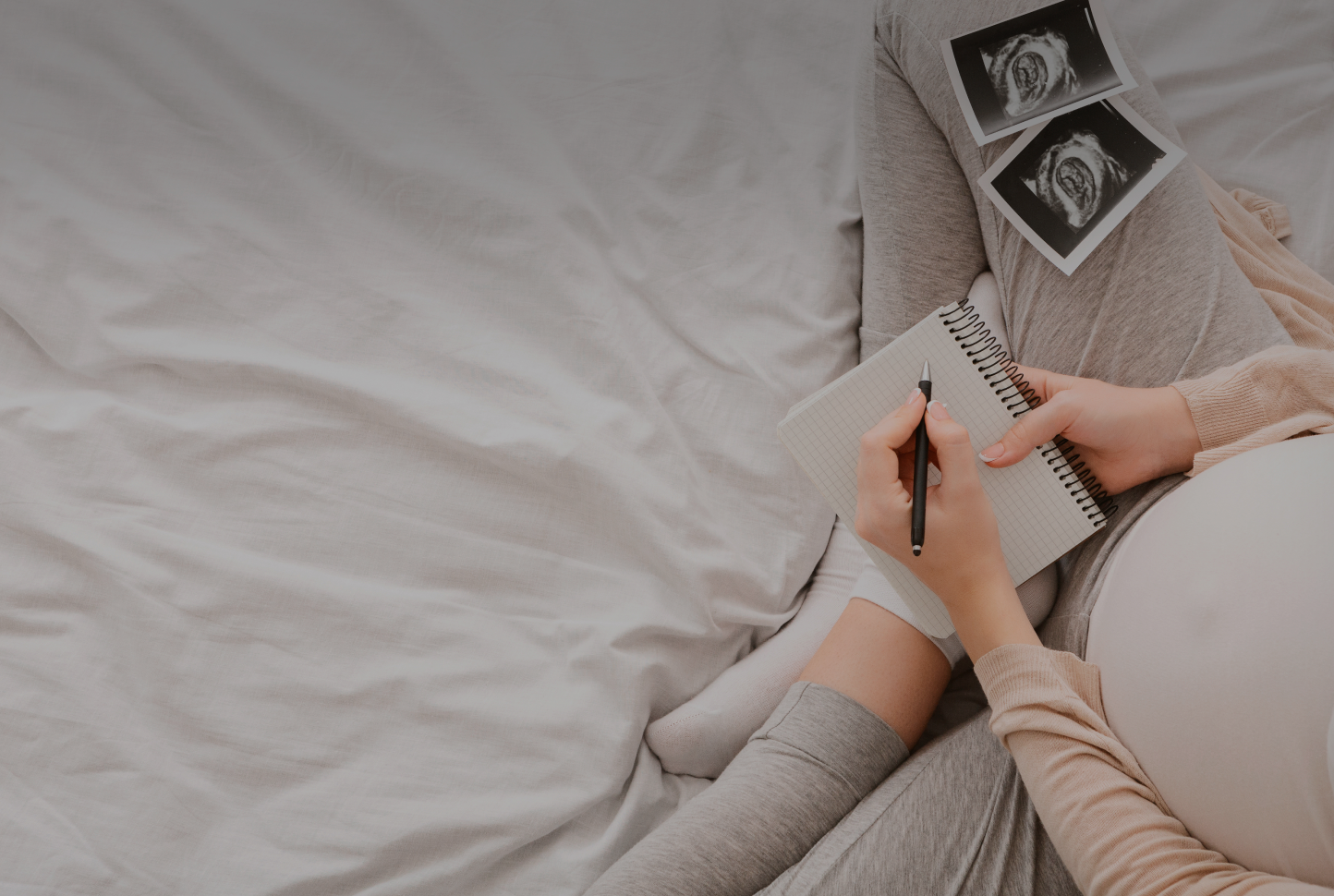
FAQs after assisted reproduction
It is normal to have doubts and questions after an assisted reproduction treatment. This page will help you to resolve and answer them.
Do you have questions?

Llámanos gratis al
900 908 988

Visit us in our Ginefiv clinics

Ask for an appointment with Ginefiv
Why don’t they transfer all the embryos they obtain?
The current assisted reproduction law in Spain limits the maximum number of
embryos that be transferred to three
Can you assure me that the embryos you select will become implanted?
It is currently not possible to make this assurance. The only thing we can do is select the embryos which are of the best quality from a morphological point of view. If there are enough embryos and if this is recommendable for your specific case, you can opt for long embryo culture (blastocyst culture) or for a pre-implantation test to increase the chances of implantation.
Are the pregnancy and childbirth the same as if I became pregnant naturally?
YES. However, after successful assisted reproduction, the percentage of miscarriage
is slightly higher than in other pregnancies.
When will I know if I’m pregnant?
We will know if you are pregnant approximately 15 days after your assisted reproduction treatment. To find out, we recommend running a hormonal assay called a Beta-hCG blood test. If it is positive, that means you are pregnant. You will have to continue with the medication until your appointment at the clinic. At that point, we will confirm the pregnancy using ultrasound.
I got my period again, is it worth carrying on with this?
After an unsuccessful assisted reproduction treatment, you may find that you become depressed and possibly lose faith in the technique. Consult your specialist to find out about the prognosis of your case and whether it is worth trying a different technique or treatment.
Trust in the figures that we provide you about treatment effectiveness and bear in mind that the accumulated probability of pregnancy increases after various attempts (visit the Ginefiv success rates section).





